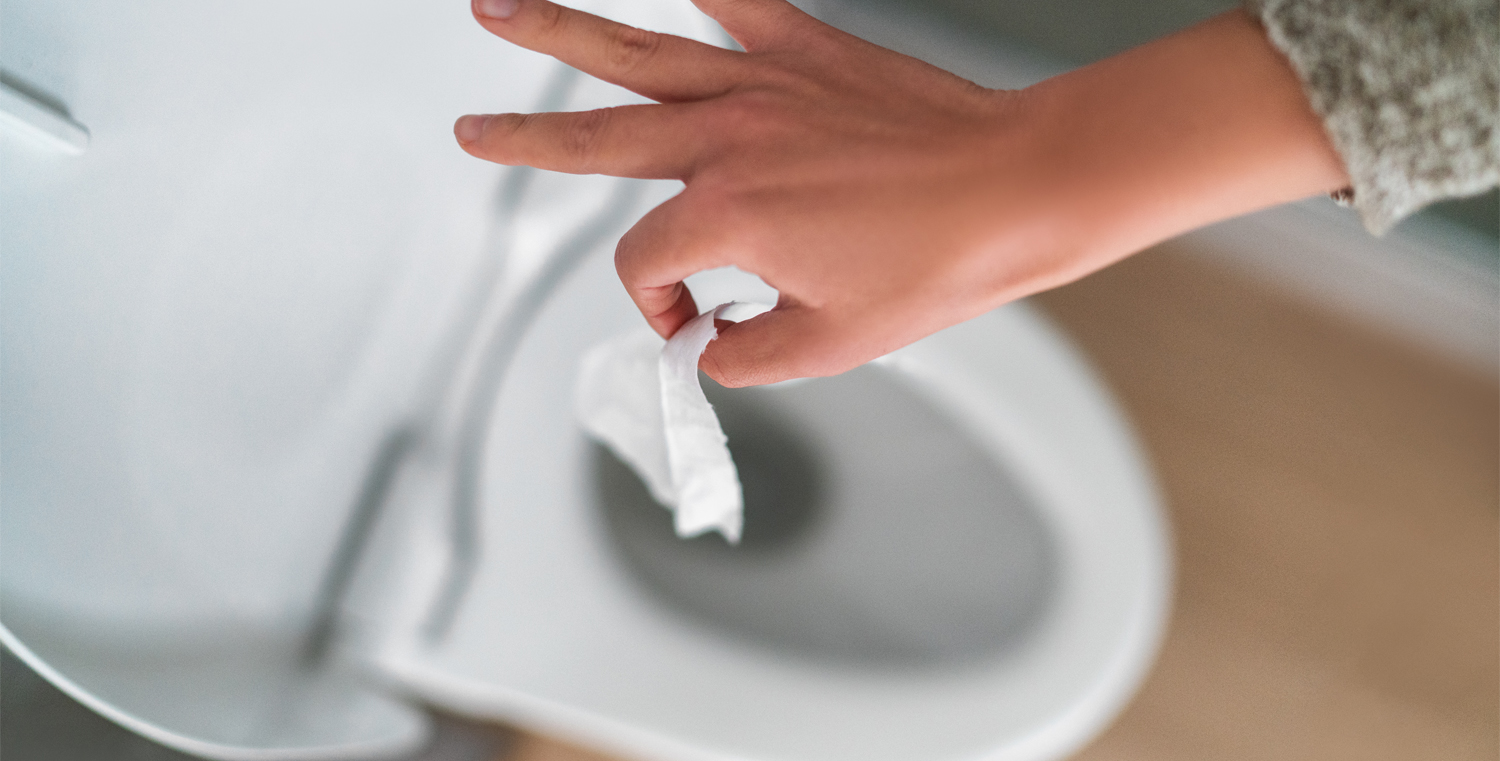When it comes to maintaining your septic system, prevention is (almost!) free, but repairs can be expensive.
At Burton, our septic tank plumbers have seen and repaired a variety of maintenance issues— slow draining sinks, tree roots growing through the septic lines, even small objects stuck in the lines! So to help you keep your septic system operating as it should (and to avoid a not-so-pleasant plumbing service) check out our four best tips for maintaining a high-performing septic system.
Four tips from septic tank plumbers who know about Septic Tank Repair:
1. Watch what goes down the drain
Flushing or putting non-biodegradable materials down the drain is probably the #1 cause of all emergency plumbing calls in the country! Both your in-home plumbing and your backyard system are impacted by what goes down the drain. And your septic system just isn’t made to compost hard-to-break-down materials.
Want to be a septic tank plumber’s best friend? Never flush or put these things down the garbage disposal:
- Non-flushable wipes or paper towels
- Diapers
- Dental floss
- Grease or cooking oil
- Personal hygiene products
- Cat litter
- Coffee grounds (that’s a big one!)
- Medicine or harsh chemicals
- Action figures, jewelry, or dentures (yup, we’ve seen it!)
2. Limit your garbage disposal usage
If you’ve got a garbage disposal, it may be tempting to throw all sorts of food waste down the drain. And while the disposal may handle that refuse just fine, your septic tank isn’t made for excessive food waste.
To extend the life of your septic tank, clean as much food off your plates as possible before you rinse them in the sink. This extra 10 seconds of work up front can save you hundreds of dollars in repairs and maintenance over time.
3. Have your septic tank pumped regularly
A good septic tank pump goes a long way! Aside from watching what goes into your tank, having your septic tank pumped is probably one of the most effective and important maintenance tasks you’ll have performed on the system.
How often should your septic tank be pumped?
That depends on the size of your household and the type of waste your tank collects. In homes that take full advantage of their garbage disposal… You’ll need to pump that extra waste out of the tank as often as every two years. In homes with a small household and no garbage disposal, you can have your septic tank pumped closer to every five years. When in doubt, just call your local septic tank plumber.
4. Watch where you put your landscaping
A beautiful tree and well-trimmed shrubbery may look nice, but it doesn’t play nice when planted near your septic tank. Septic tanks are equipped with a series of perforated pipes that extend out into your yard, allowing liquid to drain from the tank while the solid waste disintegrates. Plants (and their roots) love sources of moisture— especially in the hot Omaha summers!
If planted close enough, over time, tree and shrub roots will grow towards (and eventually into) your septic tank lines, clogging the flow and backing up your entire system. Because excavating and replacing your lines is an expensive, time-consuming repair, do yourself (and your septic tank plumber!) a favor and plant nothing but grass around those lines.
At Burton, our septic tank plumbers know a thing or two about repairing and maintaining this critical home system.
If you’re experiencing backed-up drains, a funny backyard odor, or a flooded yard, Just Call Burton. Our team of emergency plumber professionals will quickly assess the situation, provide up-front guaranteed pricing, and get your home back in order fast.







